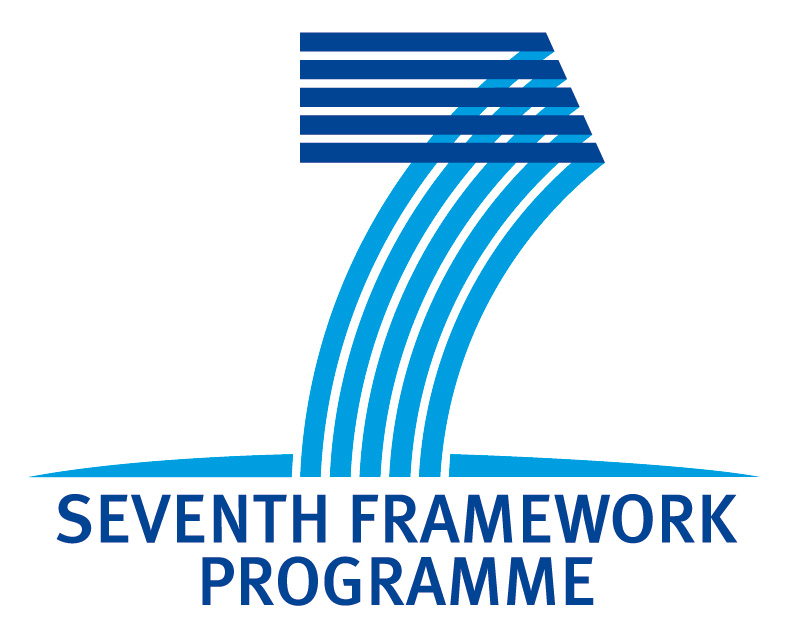| Results |
 |
 |
 |
|
The main result of the project is a set of methods, languages and tools for engineering autonomic, self-aware ensembles, which cover the complete development life cycle of this kind of systems. The ensemble development life cycle describes the design and runtime phases of this life cycle and their interplay mainly based on three feedback loops. The ASCENS case studies are the testbed for all methods, languages and tools developed within the scope of the project. The software tools and platforms developed within the scope of the project, are described in the tools section and almost all are already available for downloading. A user guide for each tool is also provided. Results were promoted in academia, e.g. through a set of associated researchers, publication of articles and presentations at conferences and workshops. In addition, informative and pragmatic descriptions of the projects results as well as explanations on project related topics are provided for practitioners in general, in form of white papers, press releases and blog entries. ASCENS presented demos at two exhibitions: the ICT 2013 and CeBIT 2015. Our stand at ICT 2013 exhibition was very well visited. Using a robotic scenario the demonstrations showed a real robot competition, simulation of robot swarms and an analysis of the behavior of such autonomic systems. At CeBIT 2015 our demonstrations focused on the autonomic cloud and cooperative e-vehicles scenarios of our case studies in the corresponding cloud computing and e-mobility case studies. The annual reports produced for the European Commission are called deliverables. They contain a summary of the project results. |
| Last Updated on Wednesday, 25 March 2015 17:55 |


